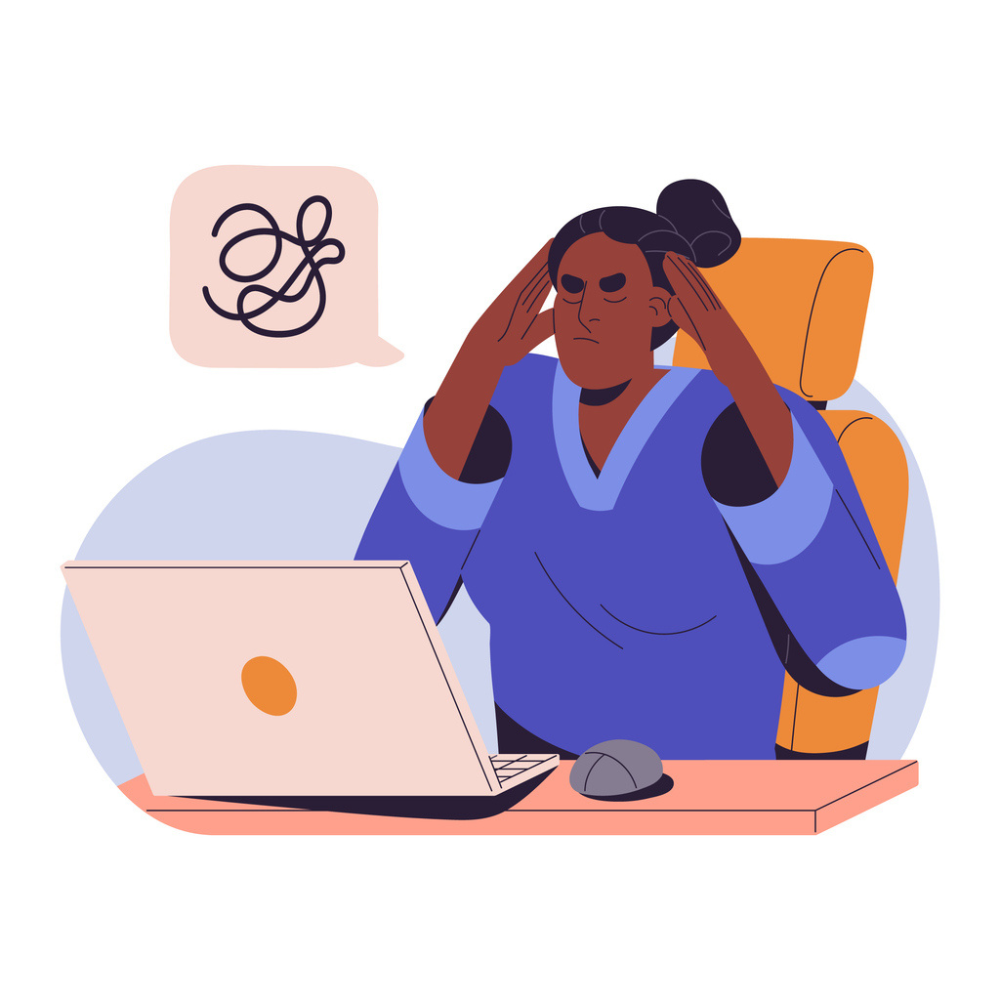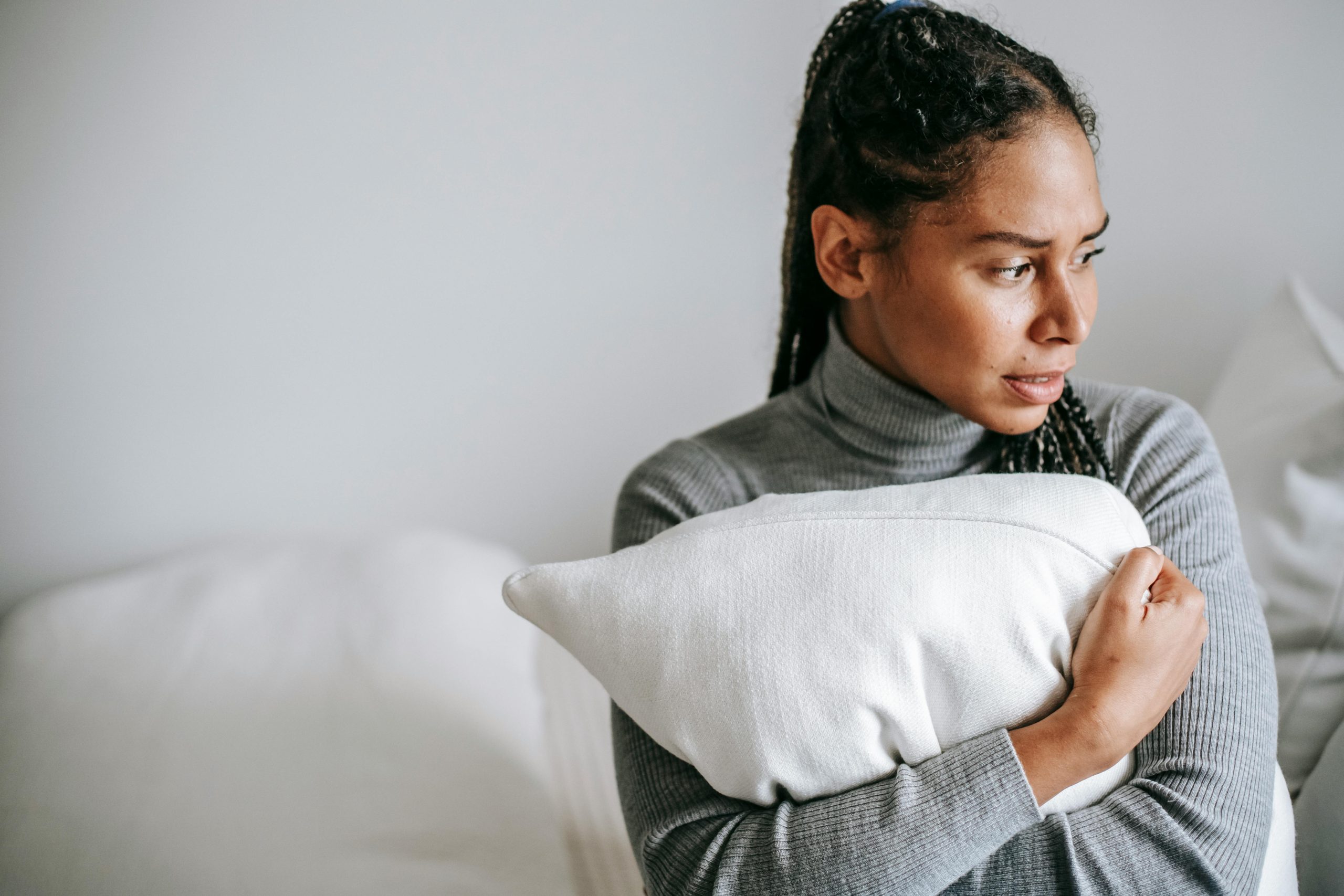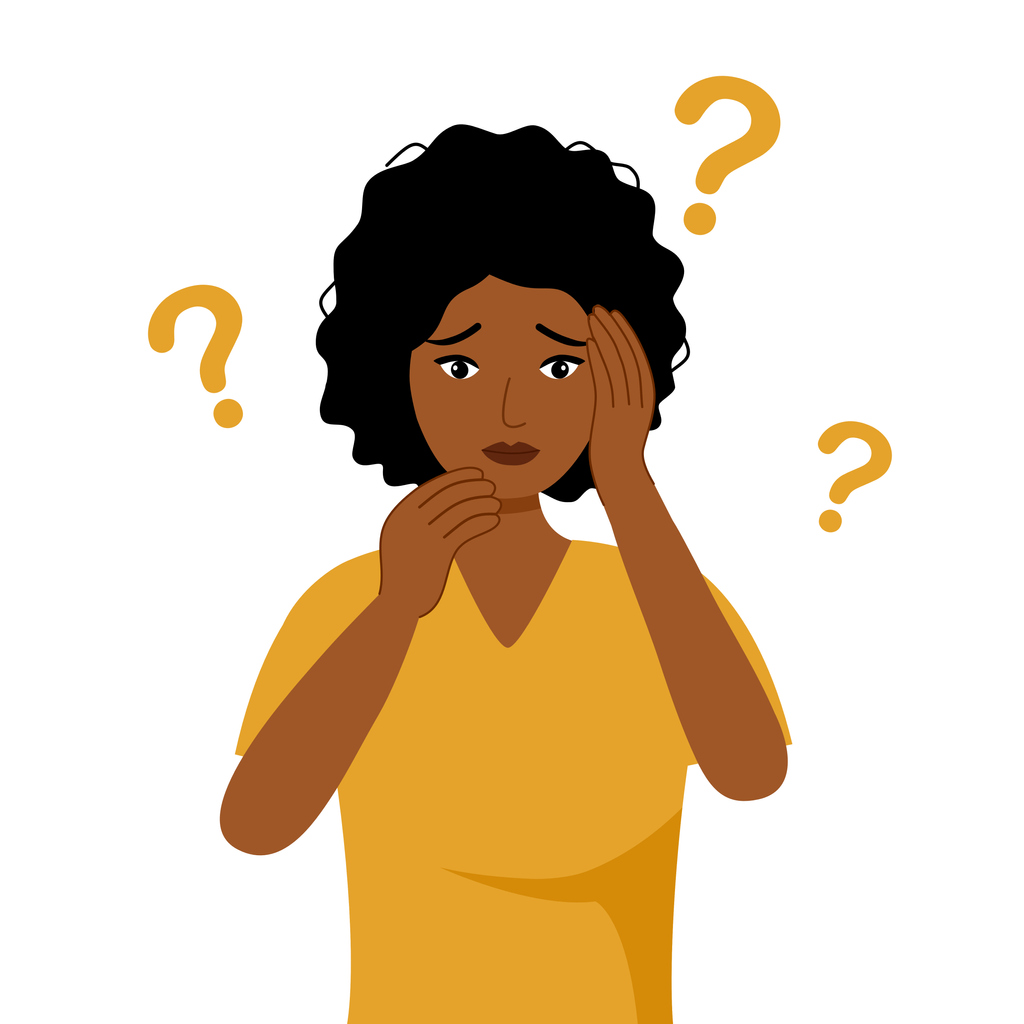Mental Mondays: What Is High-Functioning Anxiety?

A creative writer with a voracious appetite for fashion, beauty,…
H
igh functioning anxiety is a term used to describe individuals who experience anxiety symptoms but can function relatively well in their daily lives. Ever met anyone who suffers from anxiety, but still managed to be a go-getter? Outwardly, these individuals may appear successful, competent, and composed, but internally they may struggle with persistent worry, perfectionism, self-doubt, and other symptoms of anxiety.
These individuals often push themselves to excel and may overcommit to tasks or responsibilities to cope with their anxiety. Despite their ability to manage their responsibilities, high-functioning anxiety can still have a significant impact on their mental well-being.
Who is prone to high-functioning anxiety?

- Number one on the list is the perfectionists. Their unrealistic standard and critical nature put them on an unhealthy pedestal.
- Next up are the high achievers. They’re used to acing life. From academics to careers, they leave no stone unturned. As a result, they may experience pressure to maintain their success, leading to heightened anxiety.
- As we know, overthinkers put undue pressure on themselves. They ruminate excessively or tend to dwell on negative thoughts and worries.
- While some folks grind daily for themselves and their goals, the people pleasers have loose boundaries and a hard time saying no. They continue to stack up responsibilities and work themselves up unnecessarily.
- Also, when you’re sensitive or a trauma survivor, you might be susceptible to high-functioning anxiety. You respond to challenging situations overly sensitively, and it could increase the chances of anxiety.
- And another group inherited this anxiety from their bloodline. Simply put, research has shown that genetics also plays a role in anxiety. If you have a family history of mental health issues, especially anxiety, you have a high likelihood of developing the condition.
These are conclusions gathered from research, but the above are not the only individuals prone to the condition. Therefore, it’s not always possible to predict who will eventually develop this condition as it depends on our experiences, situations, lifestyle, and many more distinct factors.
The possible causes

As mentioned earlier, the causes differ per person. If you’ve been diagnosed with high-functioning anxiety, study yourself and know your triggers. But the following also play a role:
- Stress is a major cause of this condition. This could stem from your job, marriage, business, or traumatic experiences.
- Brain chemistry is also a common cause of this mental health issue. Imbalances in neurotransmitters, such as serotonin and dopamine, can play a role in the development of anxiety disorders, including high-functioning anxiety.
- According to experts, this type of anxiety could be a learned behavior. Growing up in an environment where anxiety is normalized or modeled by caregivers is often a cause.
- Then some use it as a coping mechanism. We may use overachievement, busyness, or other coping mechanisms to manage anxiety, leading to the appearance of functioning well despite internal struggles.
It’s often a combination of these factors that contributes to the development of high-functioning anxiety.
Ways to avoid this mental health condition
- Practice self-care: Make time for activities that promote relaxation and well-being, such as exercise, meditation, deep breathing exercises, hobbies, and spending time with loved ones.
- Set achievable goals: Avoid setting overly high expectations for yourself, and learn to prioritize tasks. Break larger goals into smaller, manageable steps to prevent feeling overwhelmed.
- Learn to say no: Firmly decline excessive commitments and set boundaries to protect your time and energy. Prioritize activities that are truly important to you.
- Ask for help: Talk to friends, family members, or a therapist about your feelings and experiences. Building a support network can provide valuable emotional support and perspective.
- Be mindful: Stay present in the moment and practice mindfulness techniques to reduce worrying about the future or ruminating on the past. This is a helpful way to tackle high-functioning anxiety.
- Limit stressors: Identify sources of stress in your life, and take steps to minimize or eliminate them where possible. This could involve adjusting your environment, relationships, or daily routines.
- Live healthy: Eat a balanced diet, get regular exercise, prioritize sleep, and avoid excessive caffeine or alcohol consumption, as these factors can exacerbate anxiety symptoms.
- Consult a professional: If you’re struggling to manage your anxiety on your own, consider seeking support from a mental health professional. Therapy, medication, or other treatments may be beneficial in managing high-functioning anxiety.
Treatment

Treating high-functioning anxiety typically involves a combination of therapy, lifestyle changes, and, in some cases, medication.
Therapy: Cognitive-behavioral therapy (CBT) is often effective in treating anxiety disorders, including high-functioning anxiety. CBT helps individuals identify and challenge irrational thoughts and beliefs, develop coping skills, and gradually confront feared situations.
Mindfulness-based therapies: Practices like mindfulness-based stress reduction (MBSR) and acceptance and commitment therapy (ACT) can help individuals develop skills for managing anxiety symptoms by increasing awareness of thoughts and emotions and learning to accept them without judgment.
Medication: In some cases, medication may be prescribed to help manage symptoms of high-functioning anxiety. This may include selective serotonin reuptake inhibitors (SSRIs), serotonin-norepinephrine reuptake inhibitors (SNRIs), or benzodiazepines. It’s important to work closely with a healthcare provider to determine the appropriate medication and dosage.
Lifestyle changes: Adopting healthy habits can play a significant role in managing anxiety. This includes regular exercise, maintaining a balanced diet, getting adequate sleep, avoiding excessive caffeine and alcohol, and engaging in stress-reducing activities like yoga or meditation.
Stress management techniques: Learning and practicing stress management techniques such as deep breathing exercises, progressive muscle relaxation, and visualization can help individuals cope with anxiety symptoms in the moment.
Support groups: Joining a support group or participating in group therapy sessions with others who experience similar challenges can provide validation, encouragement, and practical coping strategies.
Self-help resources: Utilize self-help books, online resources, and smartphone apps that provide tools and techniques for managing anxiety.
Note: It’s important to work with a qualified mental health professional to develop a personalized treatment plan tailored to your situation.
Featured image: Paper Trident/iStock
Medical Disclaimer
All content found on the StyleRave.com website, including text, images, audio, video, and other formats is created for informational purposes only. The content is not intended to be a substitute for professional medical advice, diagnosis, or treatment. If you think you may have a medical emergency, please call your doctor, go to the nearest hospital, or call 911 immediately depending on your condition.
For the latest in fashion, lifestyle, and culture, follow us on Instagram @StyleRave_
All rights reserved. This material, and other digital content on this website, may not be reproduced, published, broadcasted, cached, rewritten, or redistributed in whole or in part without prior express written permission from STYLE RAVE. Use of and/or registration on any portion of this site constitutes acceptance of our Terms & Conditions and Privacy Policy.
—Read also
A creative writer with a voracious appetite for fashion, beauty, lifestyle and culture. As one who's passionate about the advancement of the woman, creating content that inspire smart style and living, and positive lifestyle changes is a calling I take seriously. At Style Rave, we aim to inspire our readers by providing engaging content to not just entertain but to inform and empower you as you ASPIRE to become more stylish, live smarter and be healthier. Follow us on Instagram @StyleRave_ ♥







